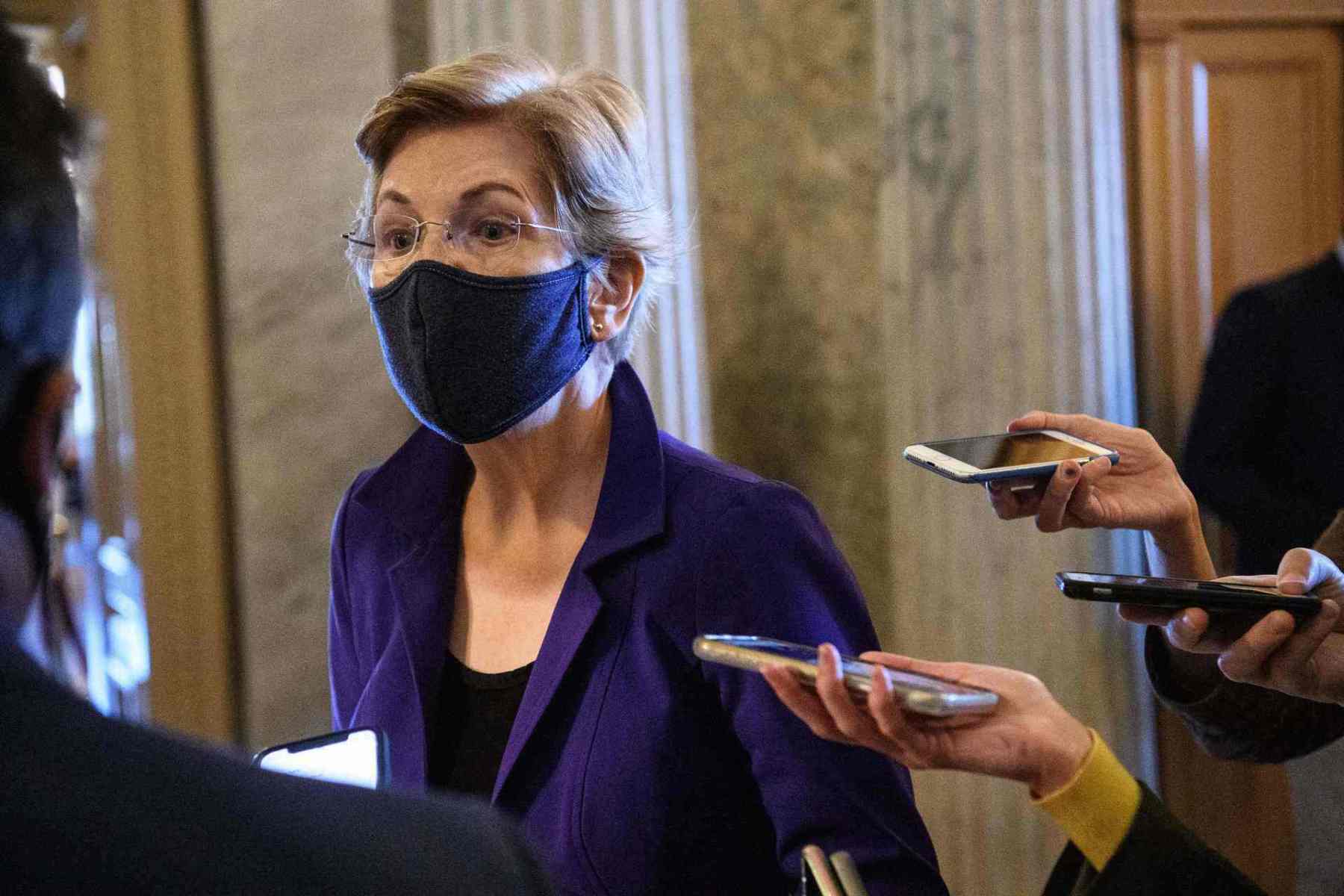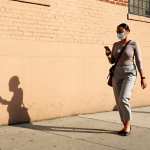Arguing that the federal response to the pandemic has largely overlooked millions of Americans, Sen. Elizabeth Warren plans to introduce the COVID Community Care Act — a move first shared with The 19th.
The $8 billion relief bill would provide grants for community-based organizations and nonprofits to conduct testing, tracing and outreach activities in communities with higher virus rates or that have historically lacked access to medical care. Women account for 75 percent of full-time health care workers and about 73 percent of the nonprofit workforce.
“COVID-19 has laid bare the systemic racism embedded in the U.S. health care system — that our country’s legacy of discrimination has prevented communities of color from accessing the health care services they need,” the Massachusetts senator said in a statement.
The legislation would be the Senate-version of the House bill introduced by Rep. Barbara Lee of California in September. Whether the bill passes in the Senate will be partially determined by two runoff races in Georgia — contests that will decide whether the upper house is controlled by Republicans or Democrats.
In a public health crisis, a successful recovery relies heavily on whether people trust the information and health care available. A legacy of discrimination has created mistrust among communities of color and low-income areas, according to the National Institutes of Health. The proposed legislation would require that the emergency funds will be delegated to community members that have experience and relationships with the people that they serve.
Under the proposed legislation, at least $400 million would be allocated to the Indian Health Service to help tribal nations and organizations respond to the public health crisis.
Black people are nearly five times more likely than White people to be hospitalized after contracting COVID-19 and twice as likely to die, according to the Centers for Disease and Control Prevention. Native Americans and Latinx people are also more likely to be hospitalized and die from the virus than their White counterparts. These populations are also dying at younger ages.
“Black, Latinx, Asian and indigenous people are all dying at disproportionate rates,” Lee said in a statement. “The long history of discrimination and racism in our health care system means we must empower people and organizations at the local level to build trust and get lifesaving public health information and resources to those who need it most.”




